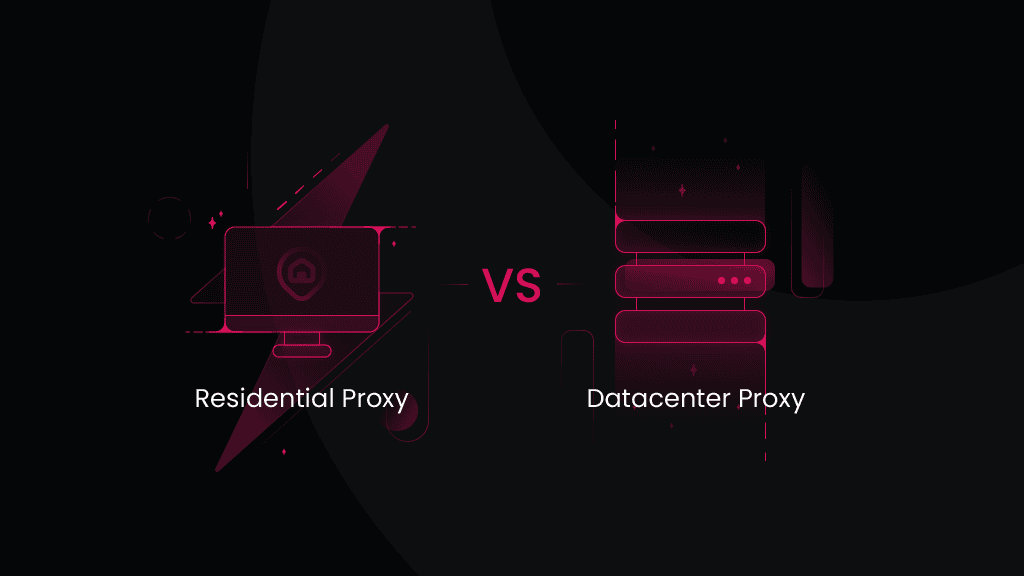Simple Proxy Integration with Wade
Combine your Decodo residential proxies with Wade antidetect browser to seamlessly manage multiple accounts without a single restriction or IP block.
115M+
ethically-sourced IPs
#1
response time
99.86%
success rate
99.99%
uptime
<0.6s
response time
What is Wade?
Wade is an antidetect browser with advanced features, designed for more convenient multi-accounting and enhanced security experience online.
Features for teams
Create shared workspaces in just a few clicks and assign different roles or permissions, making it easy to collaborate on projects without sharing sensitive login information.
Custom fingerprints
Automatically generate new, unique browser fingerprints for each profile, making it difficult for websites to track your user across different sessions.
Checker bypassing
Effortlessly pass validation checks by tools like Pixelscan, BrowserLeaks, CreepJS, and IP-API, and leave all the restrictions behind.
Why residential proxies?

Residential proxies bridge the user and their target, supplying a new IP address from a real device on a local network. These proxies are effective for multi-accounting, ad verification, real-time data scraping, and more tasks that require user-like authenticity.
With over 115 million IPs across 195+ locations, Decodo is a top choice for residential proxies. It offers outstanding performance with a response time under 0.6 seconds, a 99.86% success rate, and a flexible Pay As You Go option for one-time projects, making it ideal for entrepreneurs and fast-growing businesses. Still not sure? Give residential proxies a try with a 3-day free trial.
Set up Decodo proxies with Wade
To get started with the Wade antidetect browser, visit their website and click the Download button in the navigation menu. Choose your operating system – Wade supports Windows, MacOS N Series, MacOS Intel Series, and Linux, then install the app. After installation, create a new account to access the antidetect browser. First-time users can activate a 7-day free trial or choose a plan that suits their needs.
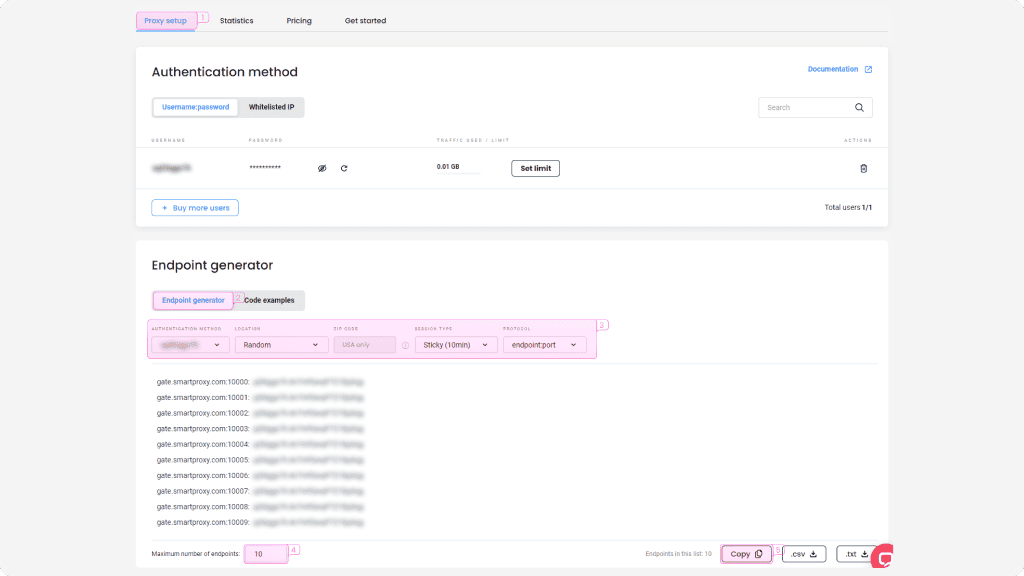
Integration with residential proxies
Log in to your Decodo dashboard, navigate to the Residential tab under the Residential Proxies column on the left panel, and choose a subscription. Then, follow these easy steps:
- Open the Proxy setup tab.
- Configure the parameters. Set your authentication method, location, session type, and protocol.
- Select the number of proxy endpoints you want to generate (default – 10).
- Copy the endpoints by clicking the Copy icon.
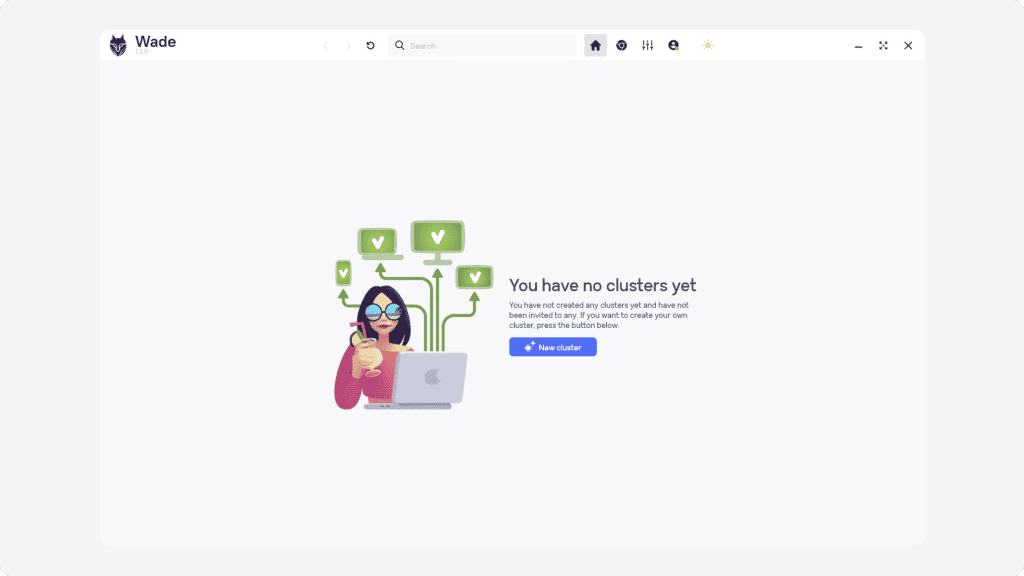
Setting up proxies with Wade
After you’ve got your endpoints, it’s time to plug residential proxies into your Wade antidetect browser.
- In the main window, click Create cluster, then enter your preferred username, description, and choose a profile picture.
- Then, click on the top-right New profile button to create a browser profile.
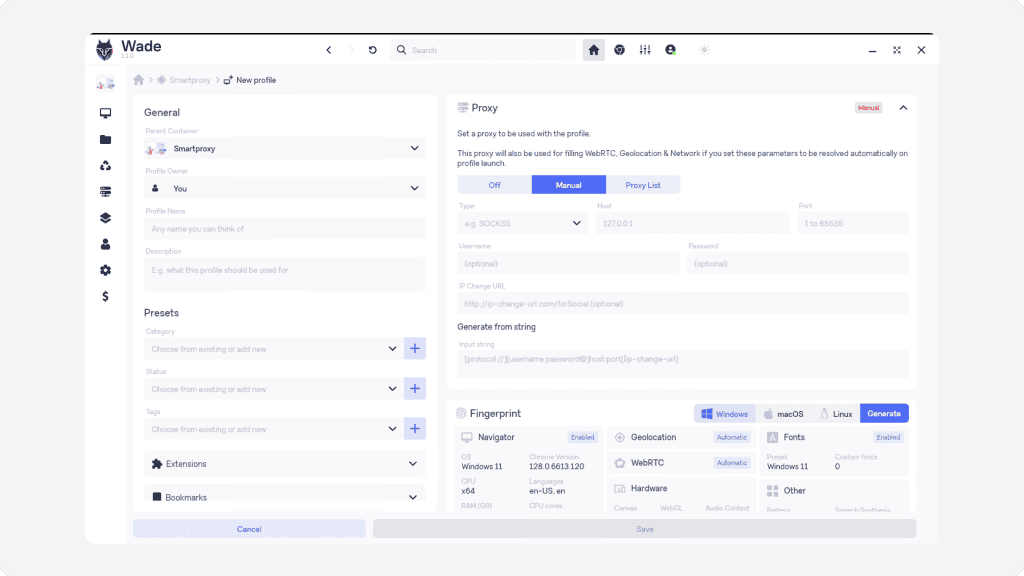
3. Click on the Proxy widget and select Manual to enter your proxy information.
4. Connect your proxies by choosing protocol, adding IP address, host, port, username, and password.
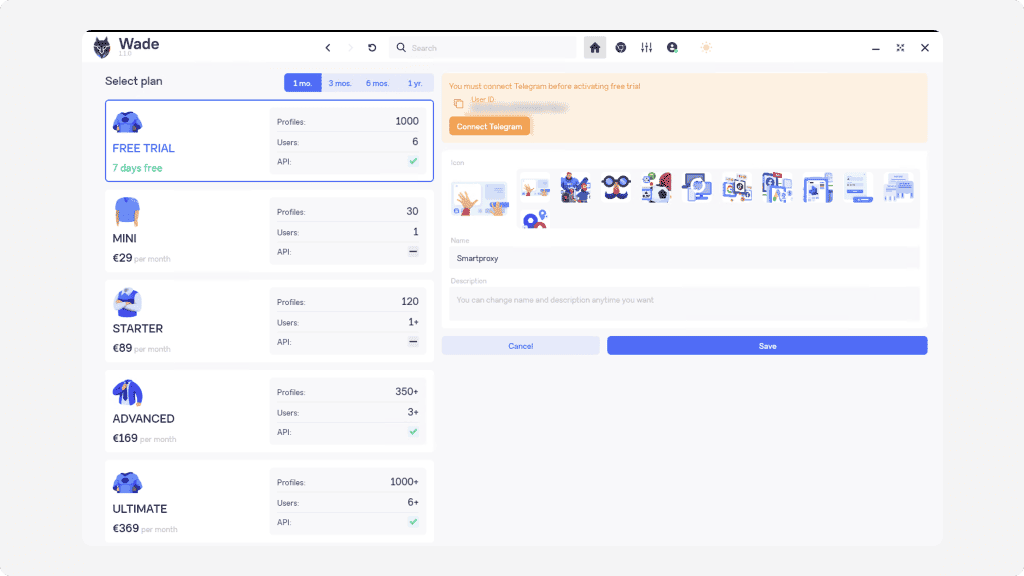
5. After configuring your proxy and fingerprint settings, click Save to save the browser profile.
Configurations & Integrations
Easy Decodo proxy setup with popular applications and third-party tools. Check out these guides to get started right away.
Reliable proxies at affordable prices
Pick a plan that suits you. Get ahead with unblockable and stable proxies.
100 GB
$1.5
/GB
Total:$450$148.5+ VAT billed monthly
Use discount code - NOIDEA67
With each residential proxy plan, you access:
115M+ ethically-sourced IPs in 195+ locations
HTTP(S) & SOCKS5 support
Continent, country, state, city, ZIP code, and ASN-level targeting
Rotating and sticky session options
<0.6s avg. response time
99.86% success rate
99.99% uptime
Seamless integration with scraping tools and bots
24/7 tech support
14-day money-back
SSL Secure Payment
Your information is protected by 256-bit SSL
What people are saying about us
We're thrilled to have the support of our 130K+ clients and the industry's best
Attentive service
The professional expertise of the Decodo solution has significantly boosted our business growth while enhancing overall efficiency and effectiveness.
N
Novabeyond
Easy to get things done
Decodo provides great service with a simple setup and friendly support team.
R
RoiDynamic
A key to our work
Decodo enables us to develop and test applications in varied environments while supporting precise data collection for research and audience profiling.
C
Cybereg
Featured in:
Explore our other proxy line products
What are proxies?
A proxy is an intermediary between your device and the internet, forwarding requests between your device and the internet while masking your IP address.
Residential Proxies
from $1.5/GB
Real, physical device IPs that provide a genuine online identity and enhance your anonymity online. Learn more
ISP Proxies
from $0.27/IP
IPs assigned by Internet Service Providers (ISPs), offering efficient and location-specific online access with minimal latency. Learn more
Mobile Proxies
from $2.25/GB
Mobile device based IPs offering anonymity and real user behavior for mobile-related activities on the internet. Learn more
Datacenter Proxies
from $0.020/IP
Remote computers with unique IPs for tasks requiring scalability, fast response times, and reliable connections. Learn more
Site Unblocker
from $0.95/1K req
A powerful application for all proxying activities offering dynamic rendering, browser fingerprinting, and much more. Learn more
Decodo Blog
Build knowledge on residential proxies, or pick up some dope ideas for your next project - our blog is just the perfect place.
Most recent
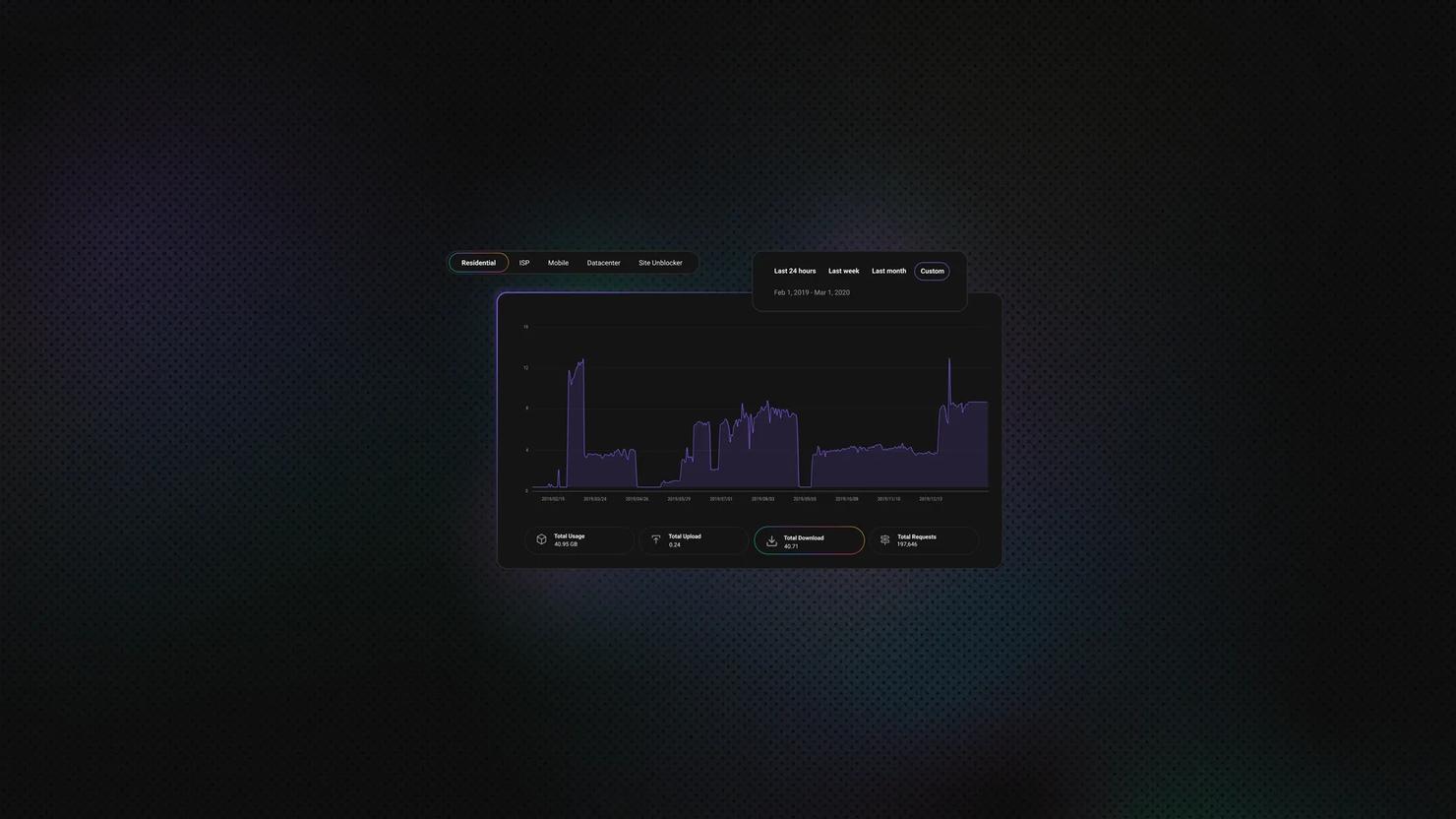
What Is a Proxy Server? How It Works, Types, and Use Cases
TL;DR: A proxy server acts as an intermediary between your device and the internet, masking your IP address and routing your requests through alternative IPs. Businesses use proxies to bypass geo-restrictions, avoid blocks and CAPTCHAs, scrape web data at scale, verify ads, monitor prices, and maintain online anonymity. With the proxy market projected to reach USD 3.12 billion by 2032, understanding which proxy type fits your needs can make the difference between seamless data collection and constant roadblocks.
Mykolas Juodis
Last updated: Feb 12, 2026
8 min read
Frequently asked questions
What is Wade?
Wade is a powerful antidetect browser designed to help users easily manage multiple browser profiles while protecting against online fingerprinting and other website tracking techniques.
What is Wade used for?
With Wade, users can create a range of different browser profiles, each with a unique digital fingerprint. This allows users to appear as different individuals online, useful for activities such as ad verification and web scraping.
Be aware that any tools mentioned in this article belong to a third party, not Decodo. Therefore, Decodo will not be responsible for any of the services offered by the third party. Make sure to thoroughly review the third-party’s policies and practices, or do your due diligence, before using or accessing any of their services.
The Fastest Residential Proxies
Dive into a 115M+ ethically-sourced residential IP pool from 195+ locations worldwide.
14-day money-back option








